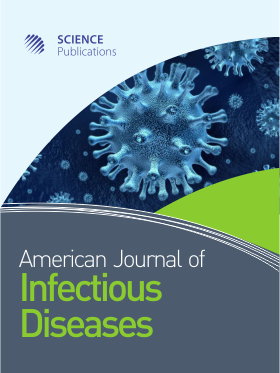Dengue Virus Infection Induced NF-κB-dependent Macrophage Migration Inhibitory Factor Production
- 1 Fooyin University, Taiwan
- 2 National Cheng Kung University, Taiwan
Abstract
Dengue virus (DV) infection can cause mild dengue fever or severe dengue hemorrhage fever and dengue shock syndrome. Macrophage migration inhibitory factor (MIF) is a cytokine that plays an important role in the modulation of inflammatory and immune responses and serum levels of MIF are correlated with disease severity in dengue patients. However, the mechanism that induces MIF production during DV infection is unclear. In this study, we showed that DV infection, but not UVinactivated DV stimulation, dose-and time-dependently induced MIF secretion in human A649 epithelial cells. MIF promoter assays and RT-PCR demonstrated that MIF gene transcription was activated during DV infection. Furthermore, DV infection induced NF-κB activation, and the NF-κB inhibitors dexamethasone and curcumin inhibited DV-induced MIF production. Finally, we found that different cells have different abilities to release MIF after DV infection. Interestingly, DV infection and MIF production in the human monocytic cell line THP-1 and peripheral blood mononuclear cells increased in the presence of antibodies against DV. Taken together, these results suggest that DV infection of human cells induces NF-κB activation and MIF production, which can be increased in the presence of pre-existing antibodies.
DOI: https://doi.org/10.3844/ajidsp.2008.22.31

- 4,111 Views
- 4,201 Downloads
- 9 Citations
Download
Keywords
- Cytokine
- inflammation
- infection
